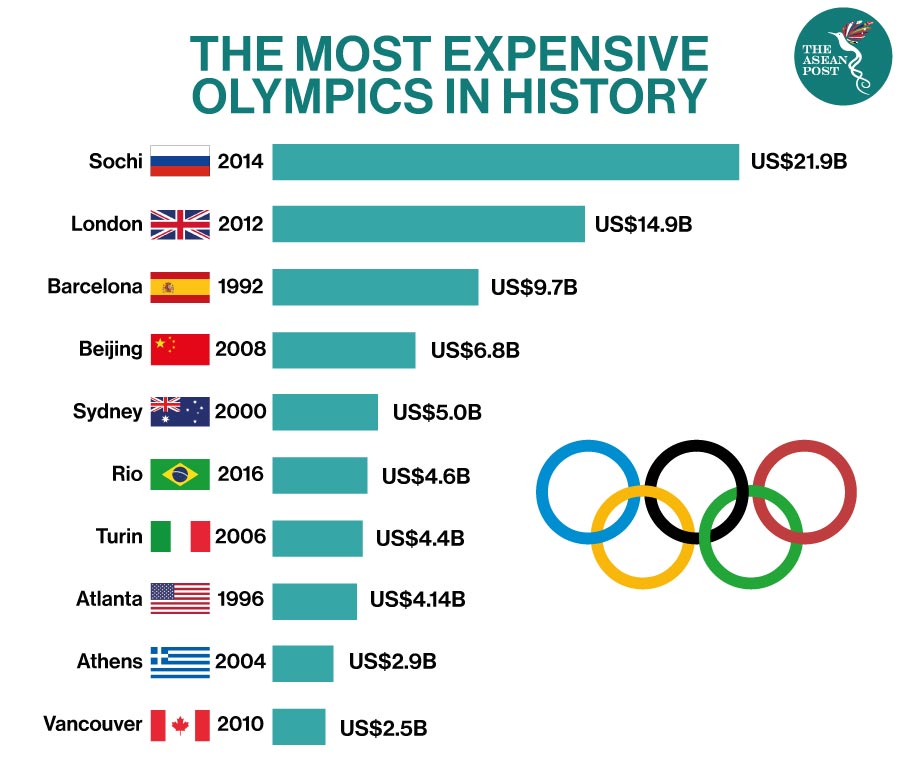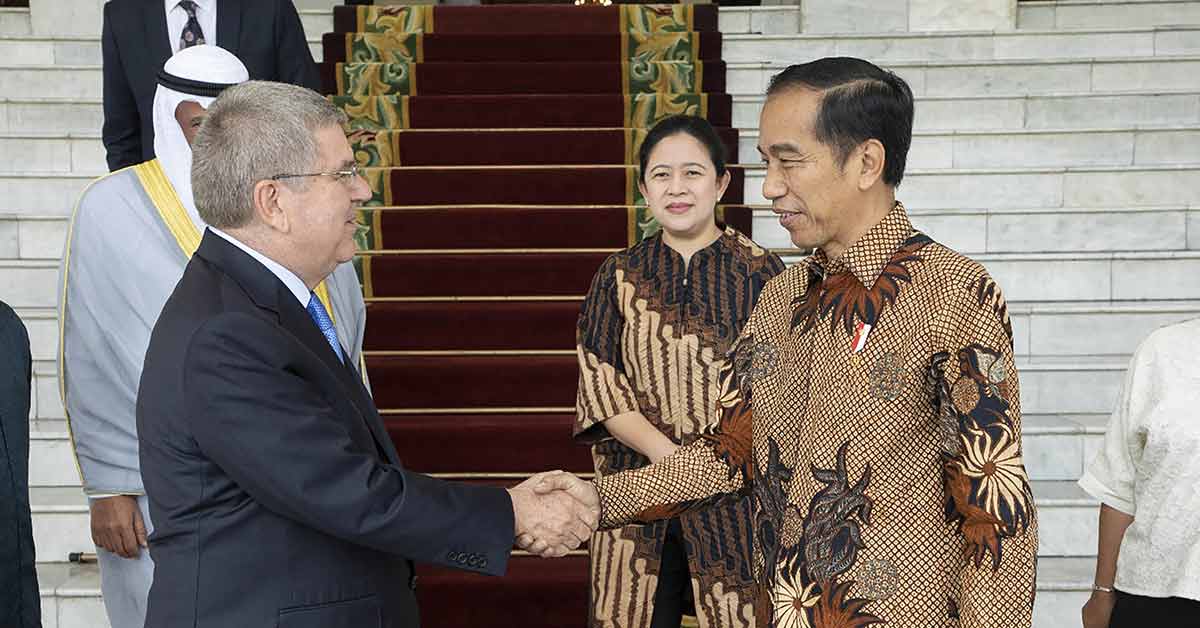Buoyed by the success of hosting the Asian Games 2018, President Joko “Jokowi” Widodo affirmed Indonesia's bid to host the 2032 Olympics, and is set to compete with Australia, Germany, India, Qatar, and a unified (North and South) Korea in the bidding process.
“The 2018 Asian Games and Asian Para Games have been successfully held. It has improved our confidence and is an eye-opener for the world that Indonesia is capable of hosting international events. Therefore, in 2018 we have officially submitted a bid to host the 2032 Olympic Games," said President Jokowi during a virtual Limited Cabinet Meeting on 4 November, 2020.
The feel-good factor over Indonesia’s successful hosting of the Asian Games 2018 still flows through the hearts of its citizens and those who attended the festival in Jakarta and Palembang. However, the prospect of hosting the Olympic Games is a cause for serious consideration.
Indeed, the Olympics are a class above the Asian Games. The Olympics, as a global event, is covered most prominently before and after the games. To the host country, it can bring prestige and glory. Thus, the games, which have emerged as an international cultural event, offer a way for the host country to promote its global image.
Hosting an Olympics also means spending big. Based on Andrew Rose's perspective, an economist at the University of California (UC) Berkeley said to CBS News, that "hosting the Olympics is just a terrible idea" because nearly every Olympics is grossly over budget and leaves the host city with billions in debt.
The official cost estimate is US$12 billion, but other experts say it could exceeded US$20 billion.
In 2016, Brazil suffered big losses for hosting the Rio de Janeiro Olympics. The country’s government even cut spending on healthcare and education. It was reported that at the time, the police force had gone weeks without being paid.
Professor Bent Flyvbjerg from Oxford’s Saïd Business School, looked at 15 editions of the summer Olympics, since Rome in 1960, and 15 of the winter games. He concluded that hosting such an event was the costliest and financially risky “megaproject” a city could undertake.

Infrastructure Challenges
In the article “With Brazil in Turmoil, Brazil Counts Down to Olympics,” New York Times reporter Rebecca R Ruiz described the challenges faced by the people who were preparing to host the Summer Games in Rio de Janeiro. Some of these challenges included delayed stadium construction and transportation concerns.
“You're spending over US$20 billion to get US$2 billion in infrastructure return," said Andrew Zimbalist, a professor of economics at Smith College. The government should directly spend money on things that the Brazilian people need such as plumbing, sanitation, and sewers, he added.
Consider The Political And Economic Situations
At the time, Brazil was simultaneously struggling with the impeachment trial of its president, Dilma Rousseff, which affected the summer’s Olympics 2016. Demonstrations with "tens of thousands" of people were held amid the deepest political crisis the country has faced in decades. With street protests paired to a flailing economy and the spread of the Zika virus, Brazil was caught in a complicated confluence of events.
The 2032 Summer Olympics will be an opportunity for Indonesia to enhance its standing in the global community by bringing in foreign investment and international tourists, marking another of Indonesia's successes in hosting large-scale events after the Asian Games 2018.
Currently, the president has instructed the country’s Ministry of Youth and Sports to prepare a special committee for Indonesia’s bid to host the 2032 Olympics Games and also to prepare the required budget.
However, Indonesia has to take lessons from Brazil and consider its plans. Most of Brazil’s budget was disbursed to build new facilities, but since then, the Maracana Stadium has become a ghost town in Rio de Janeiro. Five months after the Rio Games, stadiums crumbled as a cash-strapped nation was left with crippling debt.
The world eagerly waits for the Olympics that comes once every four years. The Olympics show the highs and lows of human ambition and accomplishment, with ferocious competition and sacrifice.
Indonesia’s government surely should consider all the necessary preparations, including conducting feasibility studies. If the government fails, the same fate that befell Brazil where the Rio Games 2016 cost 50 percent more than planned, will happen again.
Related Articles:

